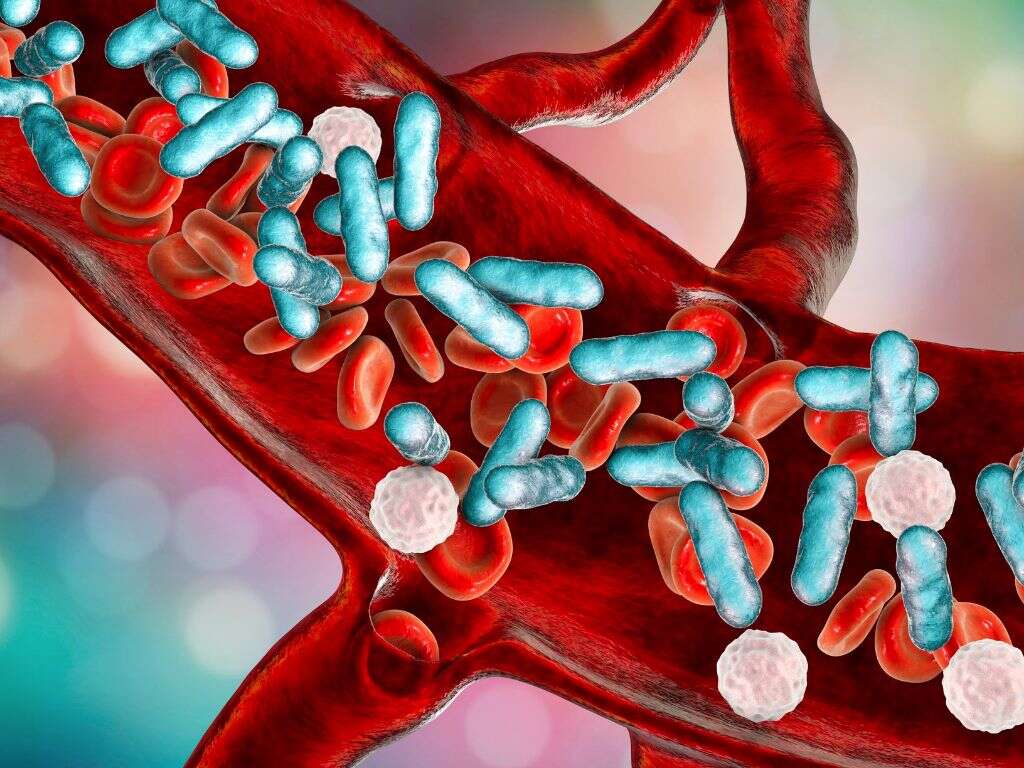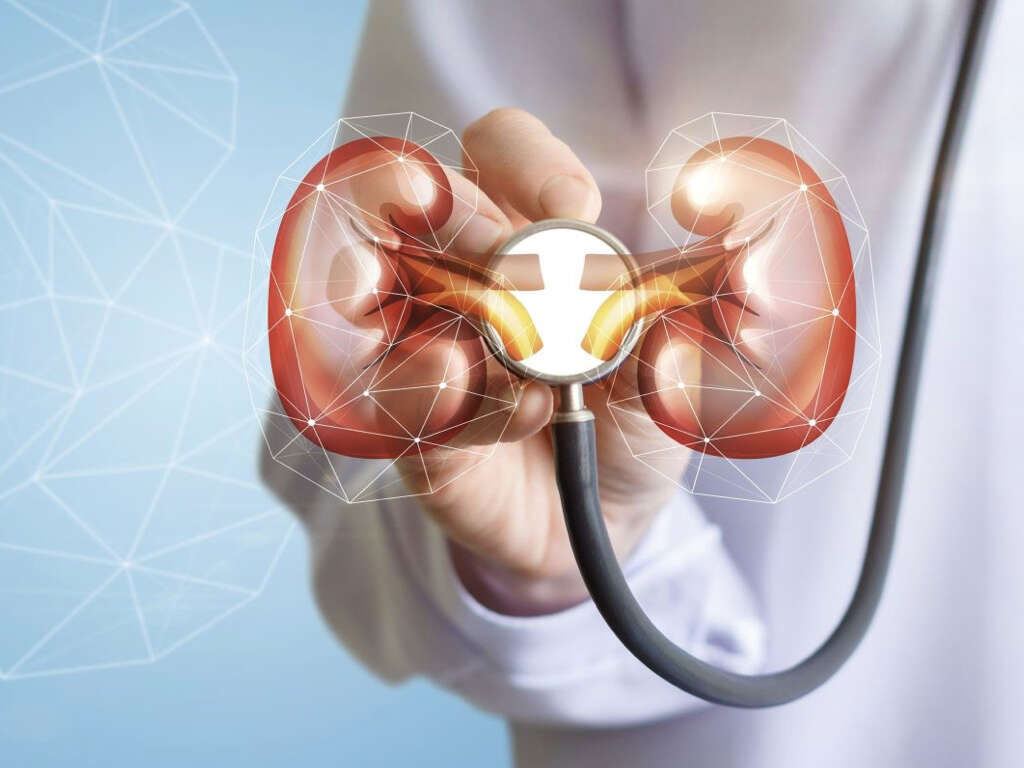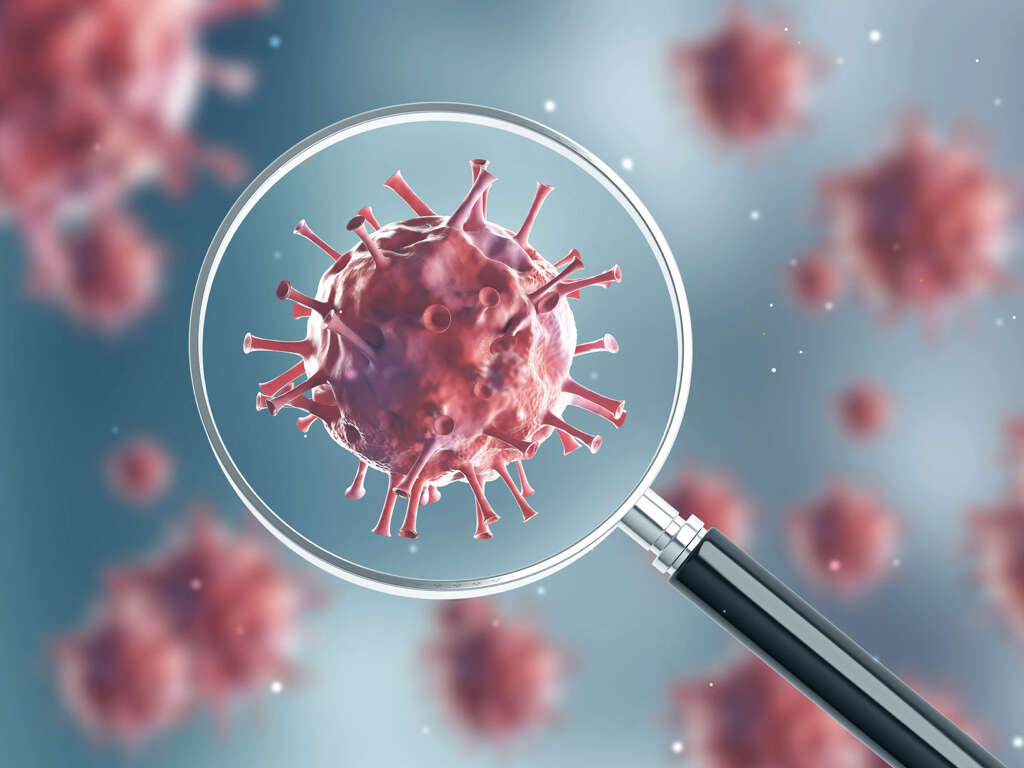10 Uremia Symptoms
 Article Sources
Article Sources
- 1. 'Uremia: Complications, Causes, Symptoms & Treatment. Cleveland Clinic, my.clevelandclinic.org/health/diseases/21509-uremia
- 2. 'Types.' Stanford Health Care (SHC) - Stanford Medical Center, 11 Oct. 2018, stanfordhealthcare.org/medical-conditions/brain-and-nerves/headache/types.html
- 3. 'Night Leg Cramps Causes.' Mayo Clinic, Mayo Foundation for Medical Education and Research, 9 Dec. 2020, www.mayoclinic.org/symptoms/night-leg-cramps/basics/causes/sym-20050813
- 4. 'Uraemic Pruritus. Uraemic Pruritus | DermNet NZ, dermnetnz.org/topics/uraemic-pruritus/
- 5. Zemaitis, Michael R. 'Uremia.' StatPearls /[Internet/]., U.S. National Library of Medicine, 16 Aug. 2020, www.ncbi.nlm.nih.gov/books/NBK441859/
Headaches
Headaches are common occurrences, and almost everyone has had one at some point, with many individuals having them repeatedly. Headaches are also one of several uremia symptoms. Although kidney failure itself causes no pain, it may cause pain in other body areas, including the head.
Headaches are classified as either primary or secondary. Primary headaches aren't caused by an underlying health condition.2‘Types.’ Stanford Health Care (SHC) - Stanford Medical Center, 11 Oct. 2018, stanfordhealthcare.org/medical-conditions/brain-and-nerves/headache/types.html The most common of these types is a migraine. Secondary headaches, on the other hand, originate from underlying health issues.
Advertisement











